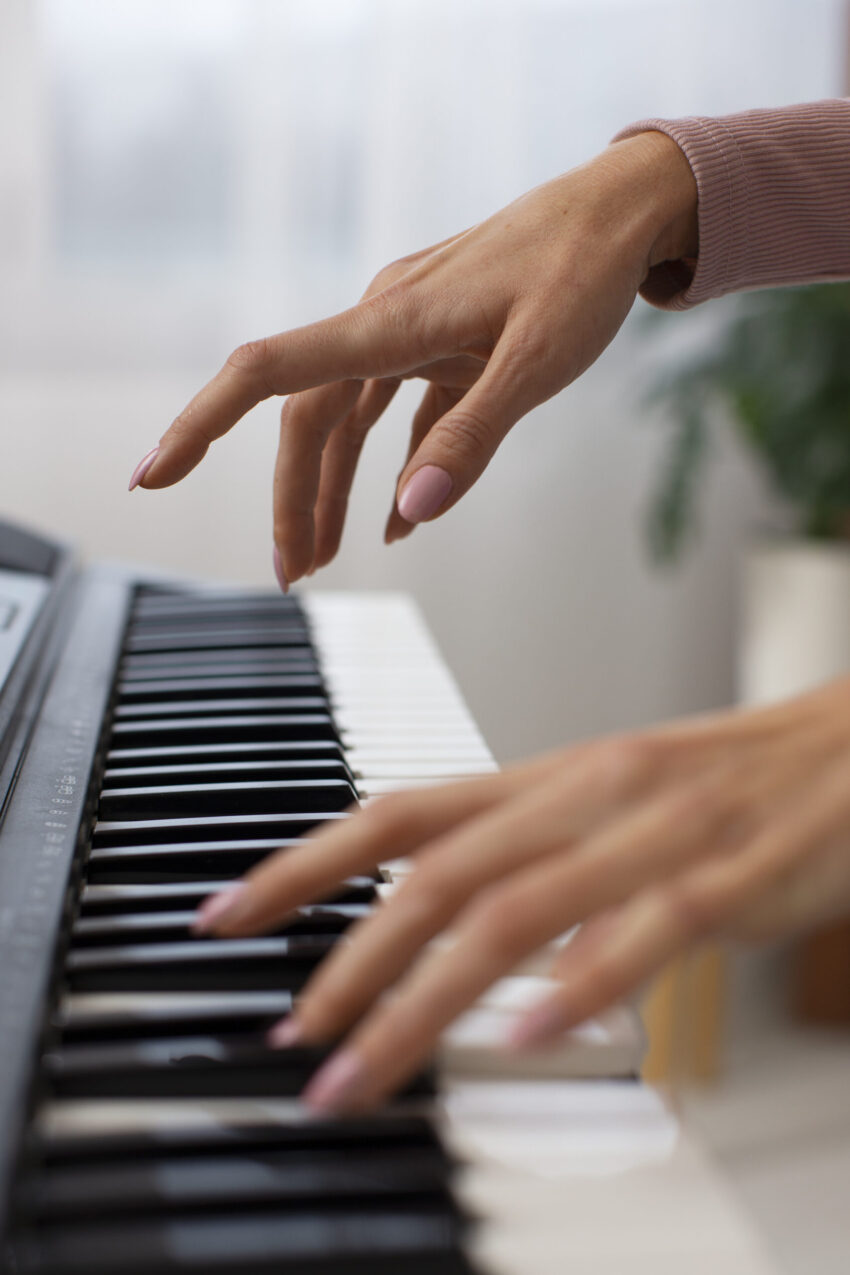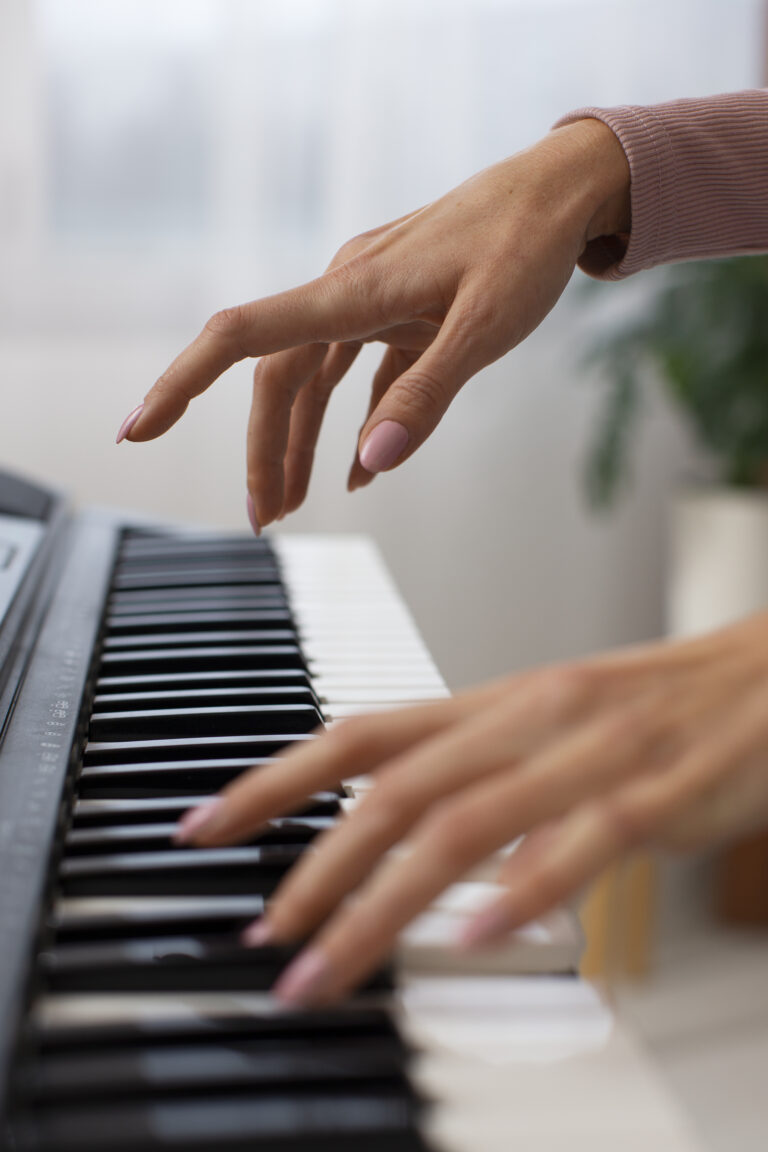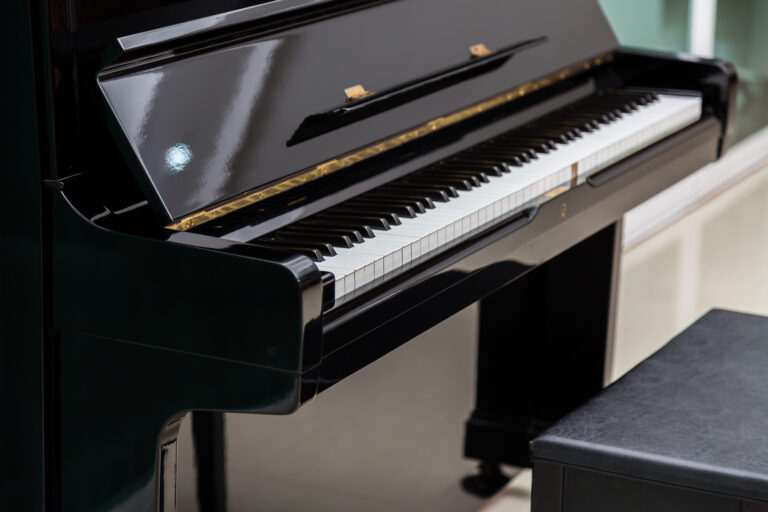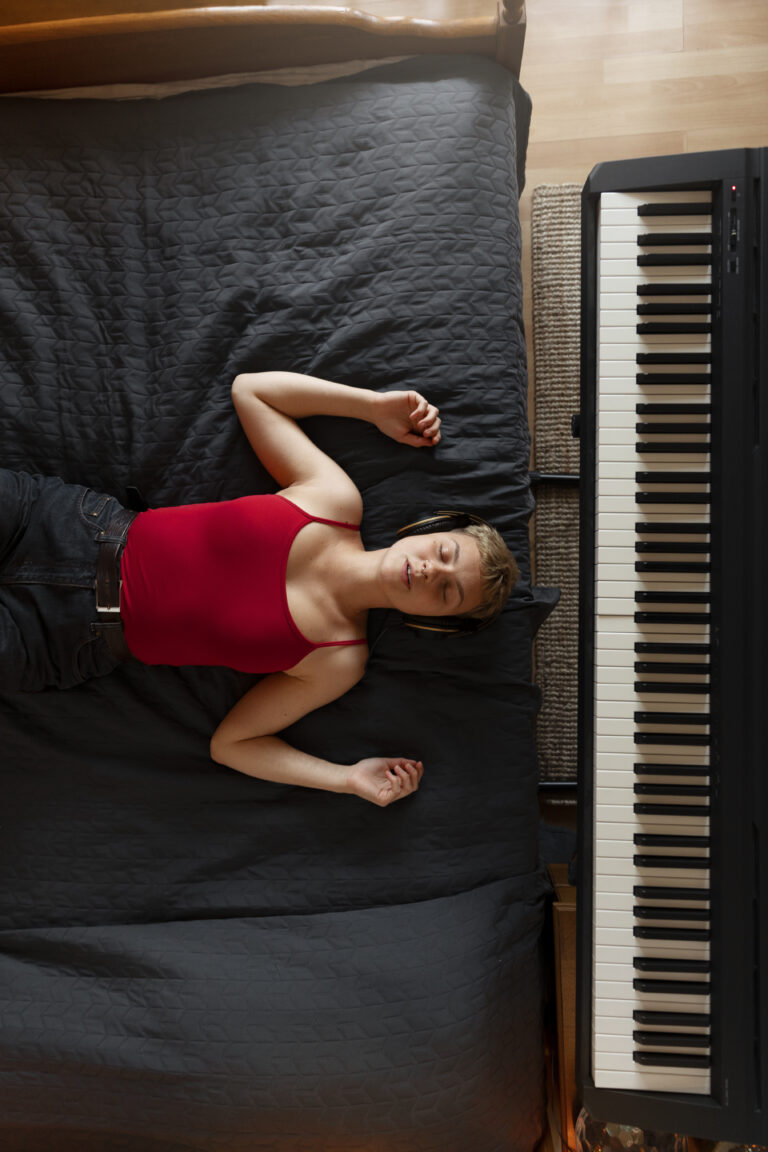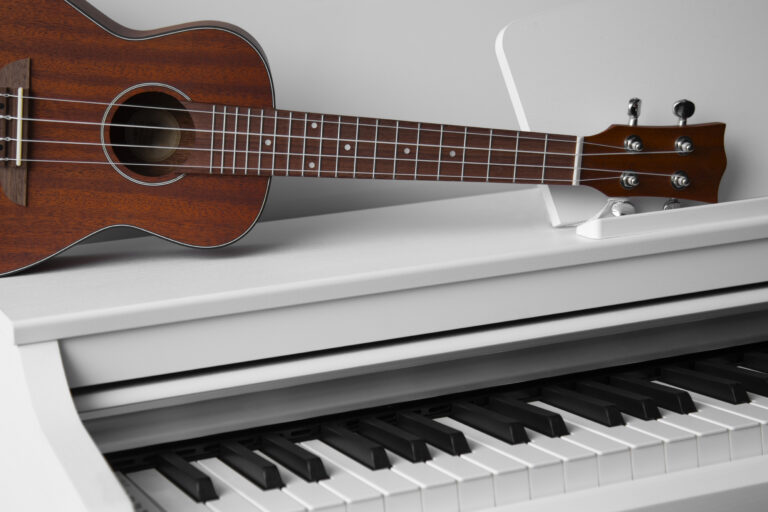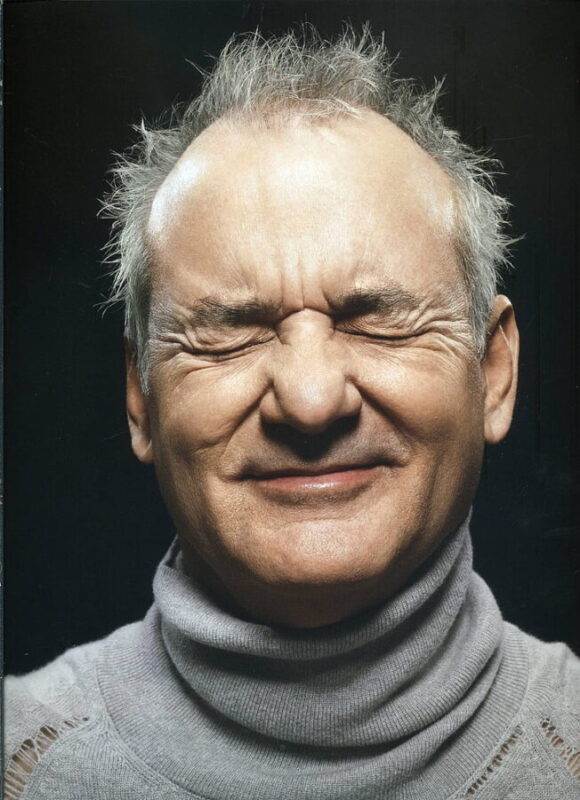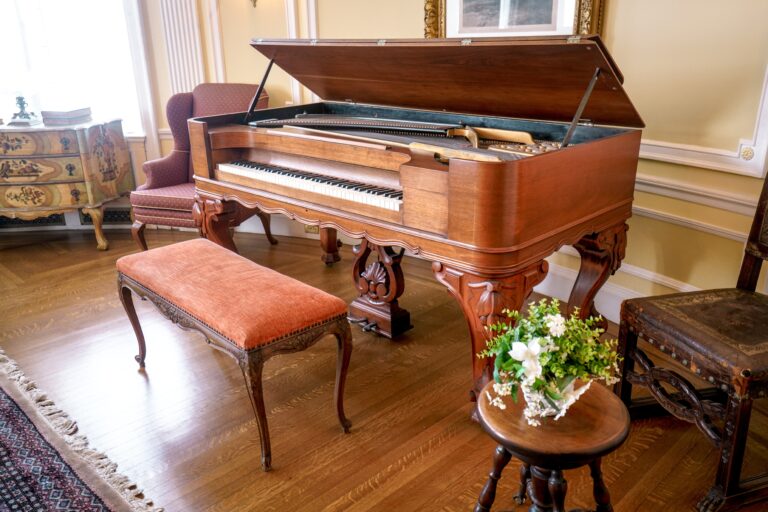Can Playing the Piano Really Make Your Fingers Skinnier? The Surprising Answer
Have you ever heard the myth that playing the piano can make your fingers skinnier? It’s a common belief that has been circulating for years. But is there any truth to it? Let’s find out.
Playing the piano is a beautiful and expressive art form that has captured the hearts of many. But some people also believe that it can help you lose weight and tone the muscles in your hands and fingers, resulting in a slimmer appearance. Others argue that this is simply a myth and that playing the piano has no effect on the size of your fingers.
So, which one is it? In this article, we’ll delve into the science behind piano playing and its potential impact on the size of your fingers. From exploring the myths to uncovering the facts, you’ll discover the truth behind this popular belief. So sit back, relax, and let’s find out whether playing the piano really does make your fingers skinnier!
The Anatomy of Fingers and Playing Piano
Understanding Finger Structure
To understand the impact of piano playing on fingers, it’s important to first understand the structure of fingers. Fingers are composed of bones, muscles, tendons, and ligaments. The bones in the fingers are called phalanges, and they are connected by joints. The muscles in the fingers are responsible for moving them, while tendons connect the muscles to the bones. Ligaments connect the bones to each other and provide stability to the joints.
The Impact of Piano Playing on Fingers
Playing the piano requires a lot of finger dexterity and movement, which can lead to some changes in finger structure over time. However, there is no evidence to suggest that playing the piano makes your fingers skinnier. In fact, some pianists may develop thicker fingers due to increased muscle development.
One potential impact of piano playing on fingers is the development of calluses. Calluses are thickened areas of skin that develop in response to repeated friction or pressure. Pianists may develop calluses on their fingertips from pressing down on the keys. However, calluses are not harmful and can actually be beneficial in protecting the fingers.
Another potential impact of piano playing on fingers is the risk of injury. Pianists may be at risk for developing repetitive strain injuries, such as carpal tunnel syndrome or tendonitis. These injuries can be caused by overuse of the fingers and can lead to pain, weakness, and numbness. To prevent injury, it’s important for pianists to take breaks, stretch their fingers, and maintain proper technique.
Overall, playing the piano can have some impact on finger structure and development, but there is no evidence to suggest that it makes your fingers skinnier. As with any physical activity, it’s important to take care of your body and prevent injury.
The Myth of Piano making Fingers Skinnier
If you have ever heard someone say that playing the piano can make your fingers skinnier, you may be wondering if there is any truth to this claim. The idea behind this myth is that playing the piano involves a lot of finger movement, which can lead to weight loss in the fingers. However, there is no scientific evidence to support this claim.
In fact, there are many factors that contribute to the size and shape of your fingers, including genetics, diet, and exercise. While playing the piano can be a form of exercise for your fingers, it is unlikely to significantly impact their size or shape.
It is important to remember that everyone’s body is different, and there is no one-size-fits-all approach to weight loss or body shape. If you are looking to lose weight or change the shape of your fingers, it is important to focus on overall health and wellness, including a balanced diet and regular exercise.
Playing the piano is a rewarding hobby that offers countless benefits, but it’s important to remember that it won’t change the size or shape of your fingers. Instead, focus on overall health and wellness, and let the piano’s melodies bring joy and fulfilment to your life. So, whether you’re a beginner or an experienced player, embrace the piano as a tool for self-care and creative expression, and let your fingers do the talking.
Scientific Evidence
There is limited scientific evidence to suggest that playing the piano can lead to skinnier fingers. However, playing the piano can improve finger dexterity and strength.
A study published in the Journal of Strength and Conditioning Research found that piano playing can increase finger strength and coordination. The study involved 20 college students who played the piano for six weeks. The results showed significant improvement in finger strength and dexterity.
Another study published in the Journal of Occupational Therapy found that piano playing can improve hand function in stroke patients. The study involved 20 stroke patients who participated in a piano-playing program for eight weeks. The results showed significant improvement in hand function, including finger dexterity and strength.
While these studies suggest that piano playing can improve finger strength and coordination, there is no evidence to suggest that it leads to skinnier fingers. Finger size is primarily determined by genetics and body fat percentage.
Playing the piano can certainly improve finger dexterity and strength, but it’s important to remember that it won’t necessarily make your fingers skinnier.
Piano Playing and Finger Dexterity
Playing the piano involves a lot of finger movements and requires coordination between your hands and fingers. Many people wonder if playing the piano can make their fingers skinnier. While playing the piano may not necessarily make your fingers skinnier, it can improve your finger dexterity, strength, and flexibility.
Improvement in Finger Strength
Playing the piano involves pressing down on keys with your fingers, which requires strength. The more you play, the more you will build up your finger strength. This can be especially beneficial for people who use their hands and fingers a lot in their daily lives, such as musicians or athletes.
Enhancement in Finger Flexibility
In addition to building strength, playing the piano can also improve your finger flexibility. Piano players often have to stretch their fingers to reach certain keys, and this can help to increase the range of motion in your fingers. This can be helpful for people who experience stiffness or pain in their fingers.
Overall, playing the piano can have many benefits for your fingers, including improved strength and flexibility. While it may not necessarily make your fingers skinnier, it can help to keep them healthy and functioning properly.
Piano Playing and Finger Aesthetics
Playing the piano involves a lot of finger movements, and it is natural to wonder if it has any effect on the appearance of your fingers. While there is no scientific evidence to suggest that playing the piano makes your fingers skinnier, it can have some impact on your finger aesthetics.
Firstly, playing the piano can strengthen the muscles in your fingers, making them look more toned and defined. This can give the appearance of slimmer fingers, although it is not necessarily due to a reduction in fat.
On the other hand, playing the piano can also cause calluses to form on your fingertips. Calluses are thickened areas of skin that develop in response to repeated friction or pressure. While calluses can protect your fingers from injury, they can also make your fingers look rough and unsightly.
To prevent calluses from forming, it is important to maintain good hand hygiene and take breaks when your fingers feel sore or overworked. You can also use moisturizer to keep your fingertips soft and supple.
While playing the piano may not necessarily make your fingers skinnier, it can still have a positive impact on their aesthetics. By taking proper care and attention, you can maintain healthy, beautiful fingers while enjoying the many benefits that the piano has to offer. So, whether you’re playing for fun or pursuing a career in music, remember to prioritize your finger health and let your music shine.
Conclusion
Playing the piano can provide numerous benefits, including improved cognitive function, enhanced hand-eye coordination, and reduced stress levels. However, the idea that playing the piano can make your fingers skinnier is not supported by scientific evidence.
While playing the piano does require finger dexterity and strength, it is unlikely to result in significant changes to the size or shape of your fingers. Factors such as genetics, diet, and exercise have a much greater impact on body composition than playing a musical instrument.
It is important to approach any claims about the effects of playing the piano on finger size with a critical eye. While there may be anecdotal evidence to support these claims, it is essential to rely on scientific research to draw accurate conclusions.
In summary, playing the piano is an enjoyable and rewarding activity that can provide numerous benefits. However, it is unlikely to result in significant changes to the size or shape of your fingers.
Frequently Asked Questions
Can playing the piano improve finger dexterity?
Yes, playing the piano can improve finger dexterity. When you play the piano, you are constantly moving your fingers, which can help improve your finger strength and flexibility. This can be especially beneficial for those who play sports or engage in activities that require fine motor skills.
What are the benefits of playing the piano for hand strength?
Playing the piano can help improve hand strength by working the muscles in your hands and fingers. This can be especially beneficial for those who suffer from hand weakness or arthritis. Regular piano practice can help improve grip strength and finger coordination.
Does practising the piano help with finger flexibility?
Yes, practising the piano can help improve finger flexibility. When you play the piano, you are constantly moving your fingers in different directions, which can help improve your finger range of motion. This can be especially beneficial for those who suffer from hand stiffness or limited finger mobility.
What are the physical benefits of playing the piano?
Playing the piano can provide several physical benefits, including improved hand-eye coordination, better posture, and increased blood flow to the brain. Regular piano practice can also help reduce stress and improve overall mental health.
Is there any advantage(s) of having a skinny finger when playing the piano?
There is no specific advantage to having skinny fingers when playing the piano. Finger size and shape can vary greatly from person to person, and what matters most is the strength and flexibility of the fingers. With regular practice, anyone can improve their piano skills, regardless of finger size or shape.
